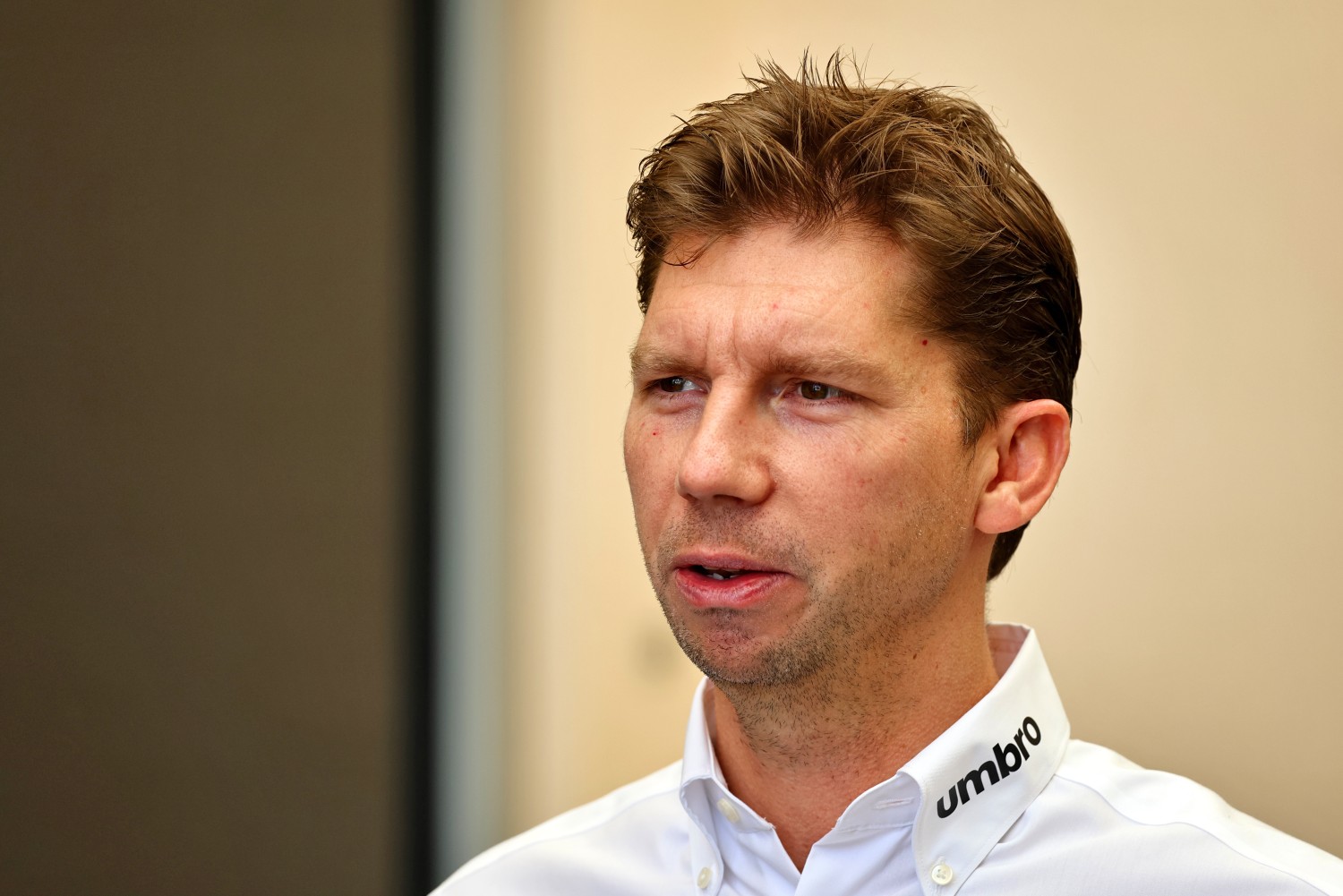Formula 1 News: Vowles continues to push for Cost Cap changes
Williams F1 boss James Vowles has called for additional modifications to the F1 infrastructure improvement cost cap, so lesser teams can close the gap.
“When I joined, and still today for that matter, we’re still behind,” Vowles said on the latest episode of the KTM Summer Grill.
“There’s no doubt about it, the infrastructure we have here is 20 years out of date.
“I’ve been pretty vocal and public on it for good reason, because I wanted to make sure we start to invest in this site.
“Now, there’s some good, lovely things in the sport, and one of them is cost cap. There’s an operational cost can, and a capital expenditure cost cap.
“It’s awfully complicated but the operation one is basically the salaries and building of the car, and that’s a really good cost cap,” Vowles said.
“That’s why the sport is getting better, in my opinion, and the teams are getting closer together.
“The second cost cap is a capital expenditure, and what that means is any machines or large infrastructure you’re keeping from multiple years, that also gets restrained, fundamentally.
“Again, it’s a good thing but it does hurt organizations like ourselves that have infrastructure that my CFO described as from the Ming Dynasty.”
A sliding scale has now been introduced, with all teams able to spend a pre-determined amount of money based on their constructors’ championship position.
For Williams, that figure will be $20 million for 2024.
“It’s a lovely amount of money to be handed, it sounds like it will sound like a tremendous amount,” he explained to Speedcafe.
“$20 million sounds huge, doesn’t it? That’s the additional amount that we were able to get out this year. And it is, in normal worlds, a lot of money.
“Unfortunately, in Formula 1, the amount of money we really needed here to catch up to the front is about $150 million.
“So it helps, but it scratches the surface, is the truth behind it.”
“The first thing is that we go to a form of listing out every single asset that we need that will generate either performance, or reliability, or reduced build costs internally, whatever it may be, we basically prioritize all of the assets that we need and then go down that list from top down,” he added.
“I can already tell you that the $20 million was, spent is the wrong word, but called for within milliseconds.”
The challenge for Vowles is identifying the areas that most urgently need the investment and attacking those first.
“Much of it will be in simulation mechanisms,” Vowles explained.
“So simulator, for example, ERP (enterprise resource planning), I’ve been very vocal about that.
“We don’t actually have any structures or systems – that are now starting to become in place, for that matter – that allow us to even know how many parts are in the car and how they’re built together.
“That’s a fundamental part. That’s what I meant by build cost and reliability. Those fall into those categories, but they’re essential now you can’t build a car without it.
“And then there’s other areas that will help us in testing environments, in suspension environments, etcetera.
“I’m happy with that,” he added.
“What we now need to do is, obviously, find a way of still closing that gap to the front.
“We have a willingness to spend money, we just need an environment where we can do that that’s fair and equitable relative to other teams.
“We’re not quite there yet.”
